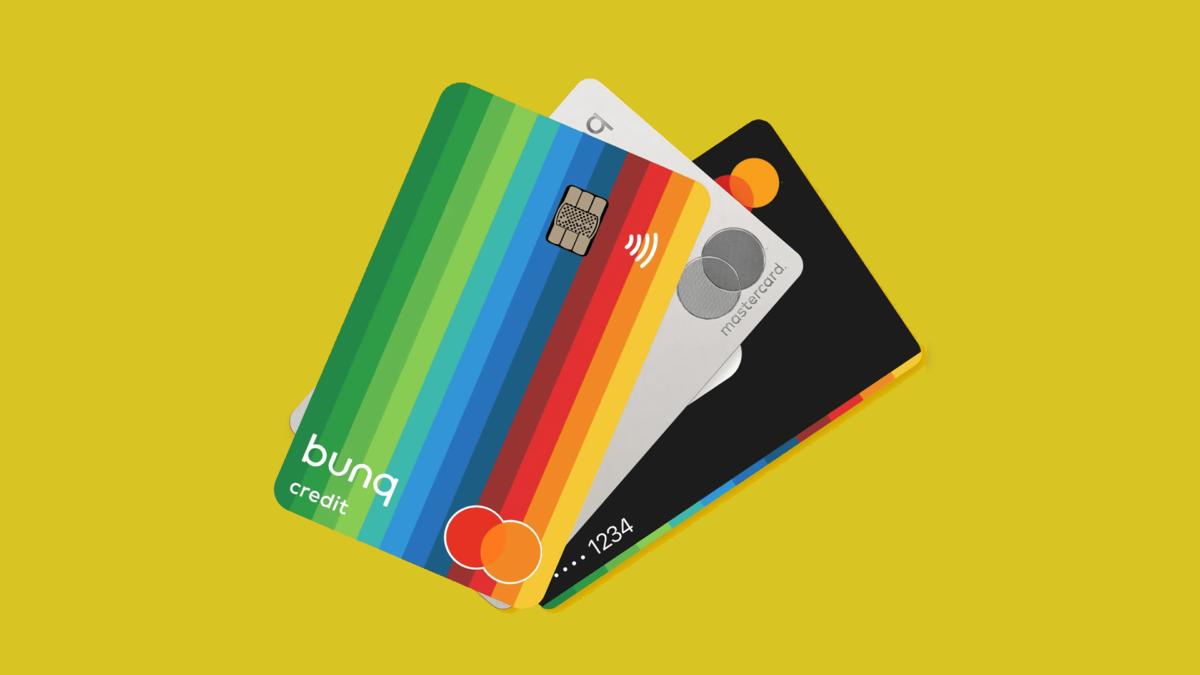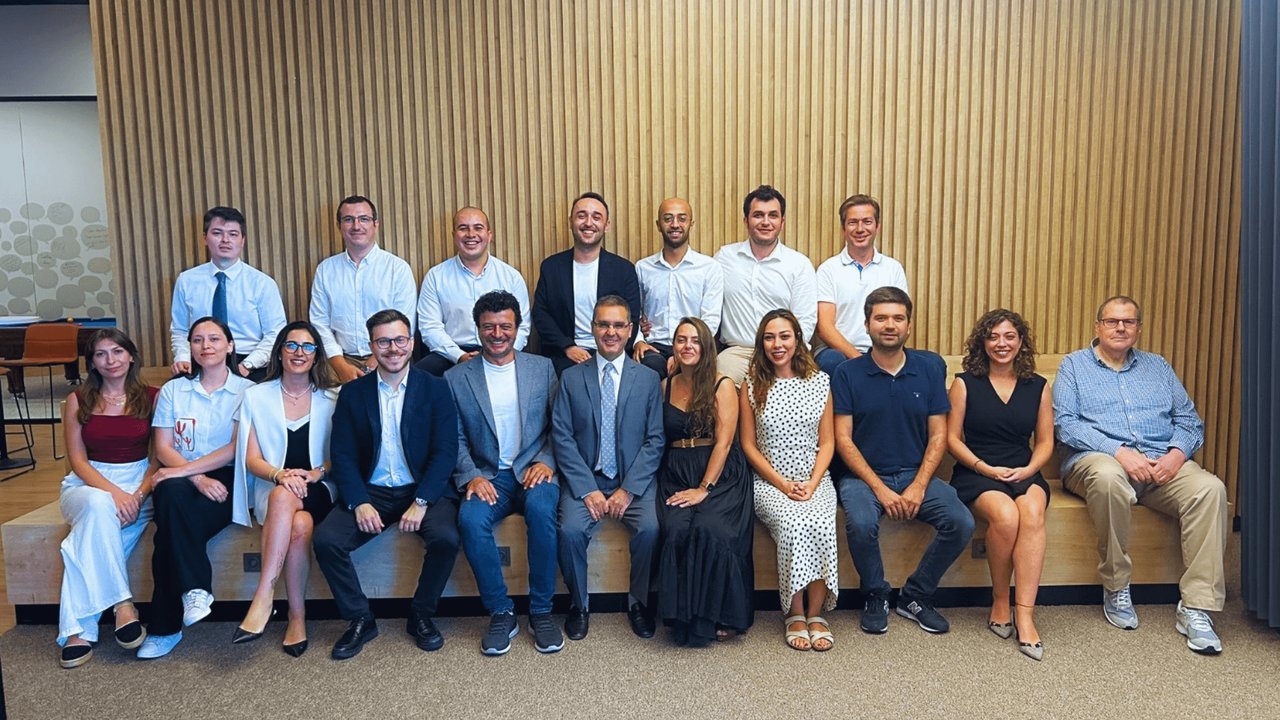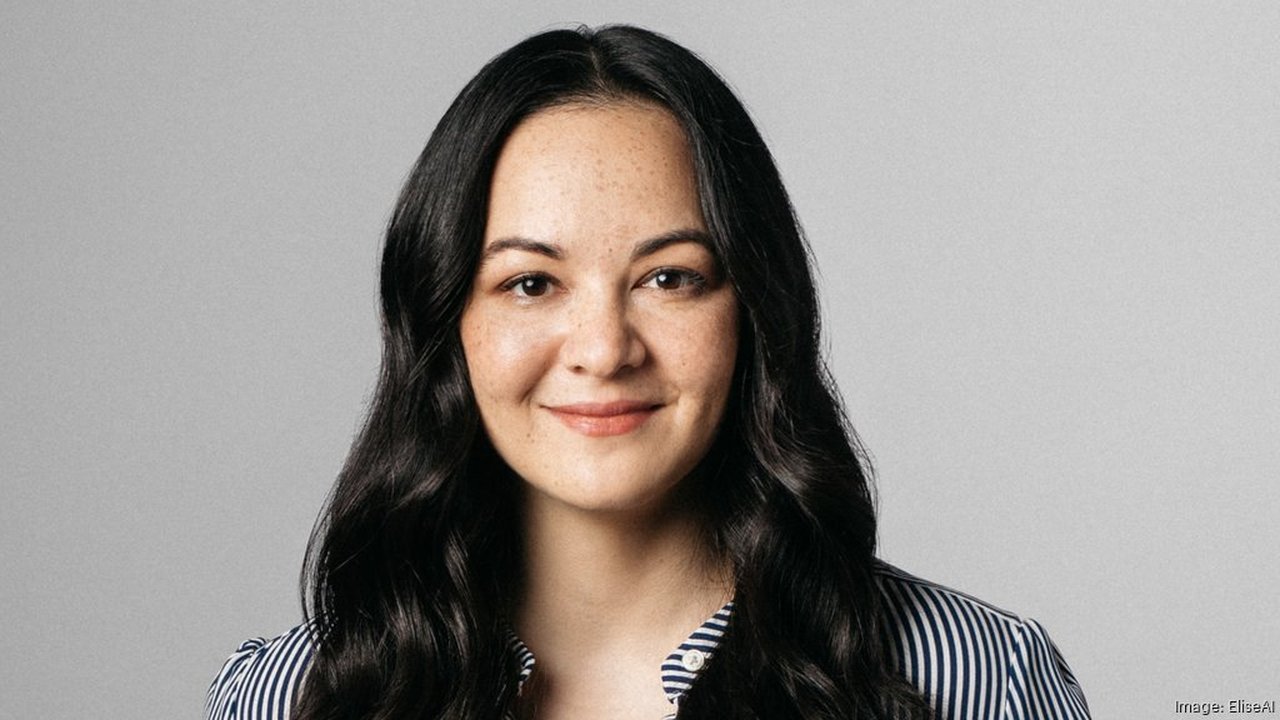Remote working and digital nomads have become two prominent aspects of business during the pandemic. And it has also shed light on the millions of people who live in one country and make money in another. Now, a startup building financial services that cater to this demographic is announcing some growth funding to expand its business. Bunq is a Dutch startup that provides banking, savings, payments, cards and other services to consumers, with a focus on people who may need such services in multiple countries across Europe. Neobank startup bunq has received an investment of 44.5 million euros at a valuation of 1.65 billion euros. Pollen Street Capital, bunq CIO Raymond Kasiman and bunq CEO Ali Niknam participated in the investment round.
Also See: OneTrust Investment Makes an Impact
Investment Details of Bunq

The plan is to use the funding to continue to grow Bunq's business. The company now has 9 million customers, compared to 5.4 million a year ago. It also has €4.5 billion in customer deposits (compared to €1 billion two years ago). Most of its clients are in Europe, but Niknam said he sees as big an opportunity in the US as he sees on home soil. In April this year, he started the process of obtaining a classified banking license there. Initially, he says, his aim will be to target the various expatriates who have moved to the US from Europe but whose roots are still in Europe.
The company's stable valuation and the internal round point to the pressure we continue to see in the startup market. Those raising larger growth rounds are finding it particularly difficult to raise money and do so at strong valuations. Healthy and sustainable are strong words for Bunq! In 2012, Niknam saw an opportunity to build a new bank that he says is more "resilient" and built to provide services that consumers really need. It was certainly before COVID-19, with more trends pointing to people traveling and working on international lines, "digital nomads". And the fact that traditional banks didn't really rise to the challenge of handling this in a cost-effective way was a signal for him to try to build something that could.
Specifically, he said that about 65 percent of all current accounts at Bunq are primary accounts, meaning that these are the primary deposit accounts for these clients. Having a healthy number of primary accounts as a proportion of activity remains an elusive area for many neo-banks, which not only still account for a minority of all current accounts globally, but are also used as "secondary" accounts where people deposit money after it has been paid into established accounts.





No comments yet for this news, be the first one!...